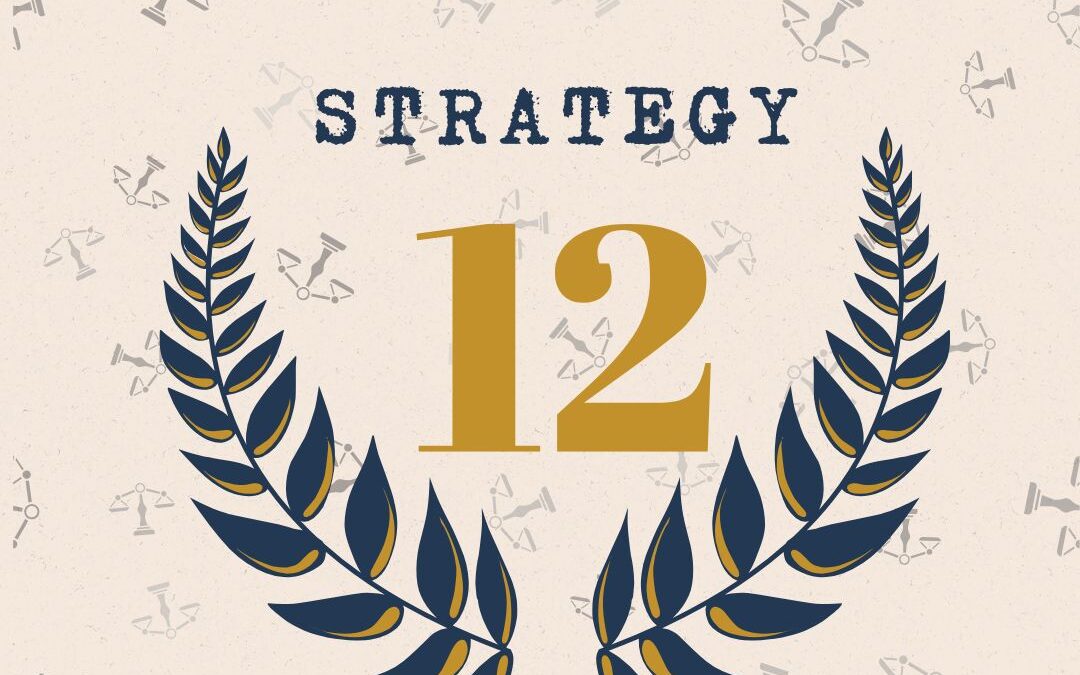JULY 22, 2024
Strategy 12:
Write Your Autobiography—Your
Archeological Dig
This particular strategy invites us to excavate the past with honesty and courage. Strategy 12: Write Your Autobiography – Your Archeological Dig isn’t just about listing events, it’s about uncovering the emotional and psychological layers that shaped your thinking and behavior. It’s a deep dive into cause, not just content.
Strategy 12 – Write Your Autobiography: Your Archeological Dig encourages applicants to reflect on their life story with the curiosity and precision of an archaeologist. It’s not about blaming others or rehashing trauma, but about tracing the roots of distorted thinking, unresolved pain, and survival strategies. The Board wants to see that you’ve looked beneath the surface—beyond the crime—to understand how your beliefs, experiences, and choices led you there. Writing your autobiography with this depth helps clarify your transformation and supports insight-based testimony.
Notes
This strategy emphasizes that insight begins with self-knowledge. The autobiography becomes a tool to uncover buried beliefs, formative moments, and emotional wounds. It is less about storytelling and more about pattern recognition. The process builds self-awareness and often reveals the deeper “why” behind the life crime. Done honestly, it becomes one of the most powerful pieces of rehabilitation.
Recap & Takeaways
Strategy 12 teaches that change requires remembering—not to dwell, but to understand. An effective autobiography doesn’t just outline events; it connects dots between trauma, thinking errors, and criminal behavior. The more honestly you explore your past, the more clearly you can articulate your growth. This process equips you with language, insight, and emotional clarity, all of which the Board is listening for.
Start Listening Today!
Each week, we break down a chapter from 36 Strategies of Suitability and explain why it matters.



